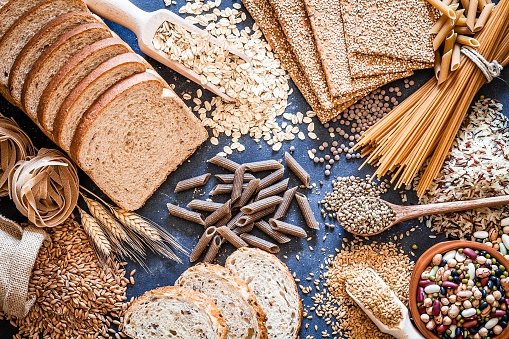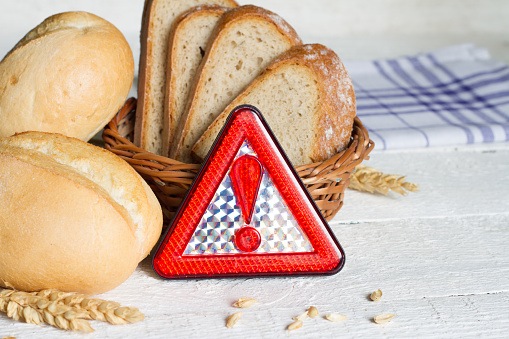
Studies on the correlation between total dietary carbohydrate intake as well as dietary glycemic index and glycemic load and endometrial cancer risk have reported conflicting results. A systematic review and dose-response meta-analysis of observational studies assessed what the literature says about the topic.
Relevant articles were identified through a database search through May 2018, which yielded eight prospective cohort and five case-control studies encompassing 734,765 total participants aged 18 years or older; a total of 8,466 cases of endometrial cancer were identified
Overall, no significant association was observed between dietary intake of total carbohydrates and endometrial cancer risk. However, in the cohort studies, significant positive associations were observed in participants with at least 10 years of follow-up (combined effect size, 1.29; 95% confidence interval [CI], 1.09-1.53; P=0.003) and studies with a sample size of at least 50,000 participants (combined effect size, 1.24; 95% CI, 1.08-1.43; P=0.002). When combining effect sizes from case-control studies, a significant positive association was observed between dietary glycemic index and endometrial cancer risk: For every 10-unit glycemic index increase, a 4% greater risk of endometrial cancer was observed (combined effect size, 1.04; 95% CI, 1.02-1.05; P<0.001). In some subgroups of the cohort studies, as well as non-linear dose-response analysis, dietary glycemic load was positively associated with endometrial cancer.
“Although the overall associations of dietary total carbohydrate intake, [glycemic index], and [glycemic load] with risk of endometrial cancer were not significant, there were significant positive associations in some subgroups of the included studies, particularly those with high quality,” the study authors summarized.






 © 2025 Mashup Media, LLC, a Formedics Property. All Rights Reserved.
© 2025 Mashup Media, LLC, a Formedics Property. All Rights Reserved.